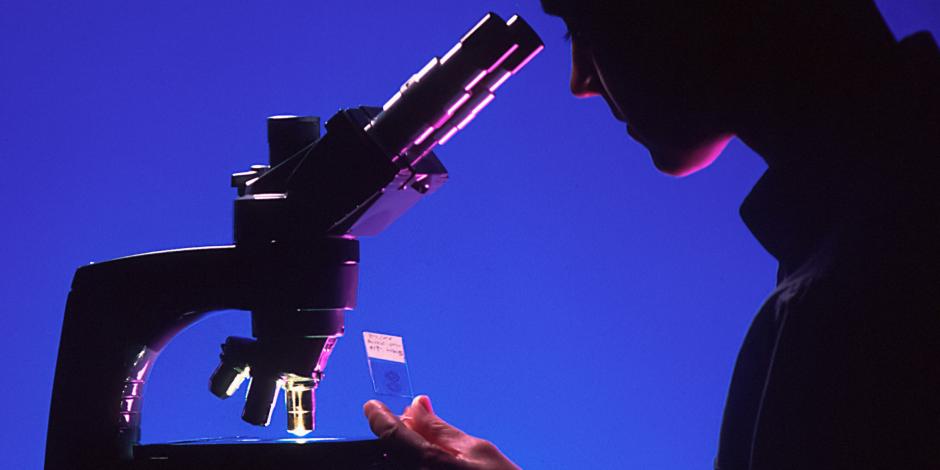Starten Sie den Audio-Text
Mit dem Audio-Player können Sie sich den Text anhören. Darunter finden Sie das Transkript.
The listening exercises in Business Spotlight Übungsheft (p. 5) are based on the article “Equality in science” (Names & News, p. 9). Here, we provide you with the audio file and transcript.
Click here to open the transcript
Equality in science
That many women in science have not received creditAnerkennungcredit for all they’ve achieved is well known. What is surprising is just how many overlooked people there are. Dr Jessica Wade, a physicistPhysiker(in)physicist from the English city of Manchester, has written more than 2,000 Wikipedia biographies of underratedunterschätztunderrated and unknown female and minority scientists. “I’m constantly astoundederstauntastounded by who doesn’t have a Wikipedia page,” the 35-year-old told The Guardian. This, Wade says, is because Wikipedia editorRedakteur(in)editors are themselves not a very diverse group. So, in 2017, she started taking matters into her own hands, spending a few hours each night writing a new biography.
In STEM (science, technology, engineeringIngenieurwesenengineering and maths), the gender and racial gapLücke; hier: Diskrepanzgaps are particularly wide. Among Nobel Prize winners and university professors, women (especially women of colour) are greatly under-represented, while fewer girls than boys choose these subjects at school. Of more than 6,600 professors currently working in STEM in Britain, just 25 are Black.
Wade is a member of the Faculty of Engineering at Imperial College London. “Science has so many huge open challenges — from sustainablenachhaltig, zukunftsfähigsustainable materials for electronics to climate change...,” she says. “We need really diverse teams working on them, to solve them and improve public trust.”


